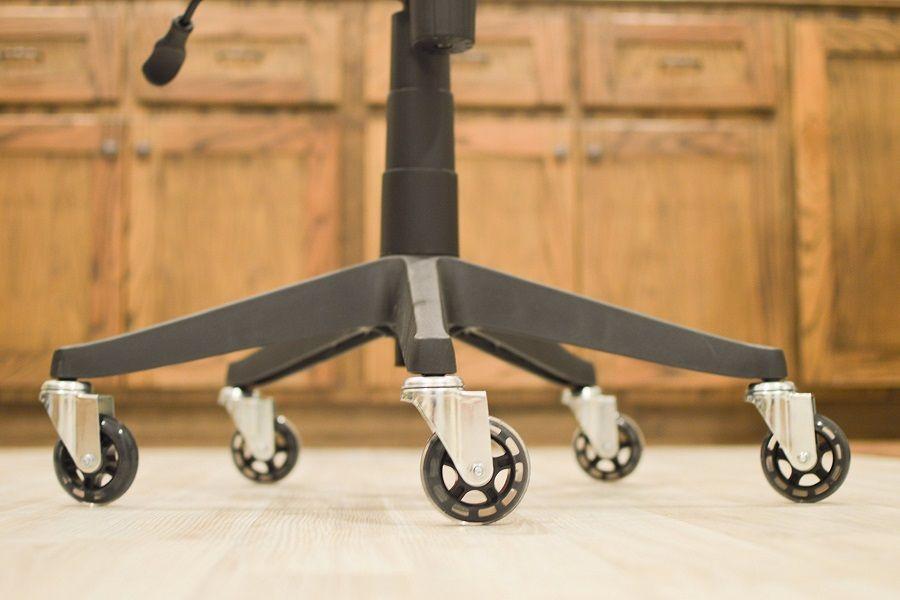How To Select The Proper Caster Wheels For Your Need
Casters are made of different components, and not every caster is created equal. The casters are made of different components, not every caster is equal. There are no simple formulas or rules to follow when choosing the proper caster. Many varying and individual factors must be balanced to make the choice that best suits you.
Here are a few more important considerations:
Load Capacity, Load Weight
Each caster is designed and manufactured to support a certain maximum load during use. Exceeding this maximum value can cause damage and deterioration of the caster, which can lead to catastrophic failure. Therefore, it is very important to know the maximum load of the casters.
The heavier the load, the larger the wheels required for the casters. The weight of the load also affects the mobility of the wheel. For loads exceeding 400 lbs, roller or ball bearings are recommended.
Wheel Diameter
Since larger wheels will roll more easily, you need a wheel that is as large as possible, but you don't want the wheel to be too large to increase the center of gravity of the load, causing tipping.
Swivel Radius
This is not a problem if you choose a fixed caster, but if you need your caster to rotate, you need to know how much clearance is needed to get a 360-degree rotation through the mounted casters.
Rollability
Choosing the right bearing is critical to determining the caster's rolling performance in the application. In order to reduce the effort to start and maintain rolling, good precision ball bearings are a wise investment.
Brakes
There are many brake options if needed, each with pros and cons. The side and friction brakes are very economical, while the tread lock and top lock provide a more aggressive locking wheel. If you need for the job, you can also consider locking the swivel.
Make sure the wheels you choose are large enough to be able to cross the cracks in the floor, rails, moldings and other obstacles. For floor protection of linoleum, tiles, carpets, etc., use polyurethane or Performa rubber wheels.
Unusual conditions
Each wheel material has certain characteristics that produce the best results in the presence of anomalies. For example, in the presence of acids, oils, chemicals and other conditions that are detrimental to rubber, it is recommended to use Colson polyurethane, polyolefin, Maxim, phenolic resin or steel wheels. Check the conditions and then select the casters and wheels.
Extreme Climates
For most casters, there is no problem at room temperature. But extreme cold or heat can be a problem. Colson helped solve this problem with the "Colson 45"... Green lubricants ensure continuous casting machine rolling from minus 45°F to over 260°F. It is standard on all Colson castors. (Note: Some wheel types should not be used in extreme temperature ranges.)
What Are The Benefits?
Caster wheels provide a variety of benefits:
- Increased mobility - You can add caster wheels to a piece of equipment (heavy machinery) and even furniture and move it around
- Lessen stress on personnel - Because caster wheels facilitate motion, they lessen the physical stress on your joints and muscles.
- Streamline processes - Caster wheels help increase the speed of travel of equipment and inventory through an industrial facility and this is the exact reason why help accelerate storage and manufacturing processes.
Where Can You Use Caster Wheels?
Caster wheels interesting are being used in nearly every industry. You can use them for:
- Automotive
- Chemical production
- Food and beverage
- Electronics
- Hospitals
- Homes
- Offices
- Warehouse
- Shopping and retail
- Garage
Leave a message to us to help you solve more problems.

